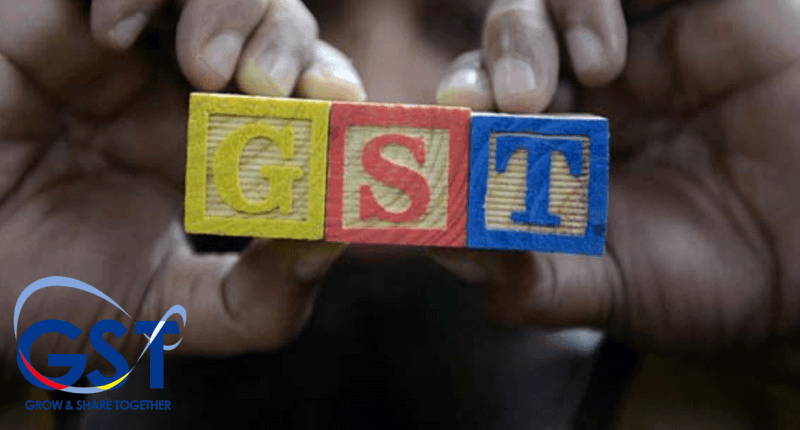The GST Amnesty Scheme will end on 31st August 2021. The ambitious scheme aims to support such GST taxpayers who could not file their GST returns, Form GSTR-3B, before the original or extended due dates by giving a late fee relief.
The scheme was first notified to cover periods between July 2017 and September 2018. The Central Board of Indirect Taxes and Customs (CBIC) implemented the GST Amnesty Scheme another time through a GST notification dated 1st June 2021.
Businesses can file all the pending GSTR-3B returns of previous tax periods between July 2017 and April 2021 by 31st August 2021. In such cases, the maximum late fee will be restricted to Rs.1,000 per return (i.e. Rs.500 each under the CGST Act and the SGST Act) whereas, Rs.500 per return in nil filing.
Even though the scheme relieves non-filers who wish to continue their business by rightfully reporting GST data, it is not free from hurdles. Many issues are being faced by taxpayers opting for the GST Amnesty Scheme.
Firstly, the interest levy has not been relaxed under the scheme. In other words, the taxpayers who must file pending GSTR-3B may be demotivated to do so with the hefty interest amounts that they’ll be liable to pay to the government. While the scheme restricted the maximum late fee, it could have also fixed an upper threshold of interest levy or reduced the interest from 18% per annum to anything lower than that.
Secondly, no late fee relief is granted to Form GSTR-1 filing for the same tax periods as Form GSTR-3B. Under both the CGST Act and the respective SGST Acts, a late fee is imposed for the delay in filing Form GSTR-1, which is paid while filing Form GSTR-3B for the same tax period. However, there is no clarity regarding whether GSTR-1 gets covered under the scheme.
Moreover, taxpayers face procedural hurdles if the government had cancelled their GST registrations due to the non-filing of Form GSTR-3B of past tax periods. The GST department must expedite any applications for revocation of cancelled GSTINs made due to this scheme.
Another issue that looms over this scheme is the admissibility of Input Tax Credit (ITC) to taxpayers of past tax periods in Form GSTR-3B. The GST Amnesty Scheme allows tax payments pending for previous periods but stays silent about the ITC claims of the same tax periods, especially of the preceding financial years.
It has and will continue to give rise to litigations putting undue pressure on the country’s judiciary. A clarification from the CBIC and the government regarding the same should put an end to speculations.
In continuation of the previous issue, new invoices or debit notes may be reported in Form GSTR-1 returns when filed with Form GSTR-3B under the scheme. The recipients cannot claim such ITC if it belongs to FY 2019-20 or earlier years.
Further, the government must relax the late fee for delayed filing of Forms GSTR-9 and GSTR-9C, wherever applicable. It must implement for those financial years where taxpayers could not file GSTR-3B of some tax periods belonging to such financial years.
The government will bring back the rule to unblock e-way bill generation wherever GSTR-3B was not filed for more than two tax periods, starting from 15th August 2021. To avoid hassles, any non-filers of GSTR-3B before April 2021 might have to file all their pending GSTR-3B returns by this date. Also, they need to file Form GST EWB-05 addressed to the jurisdictional tax officer to unblock the e-way bill facility.
With all these issues about implementing the GST Amnesty Scheme, taxpayers have a hard time running from pillar to post to comply with the GST laws genuinely. The government should immediately intervene and implement temporary support measures to allow affected taxpayers to utilise the benefits under the scheme.
For any clarifications/feedback on the topic, please contact the writer at annapoorna.m@cleartax.in
Annapoorna, popularly known as Anna, is an aspiring Chartered Accountant with a flair for GST. She spends most of her day Singing hymns to the tune of jee-es-tee! Well, not most of her day, just now and then.





